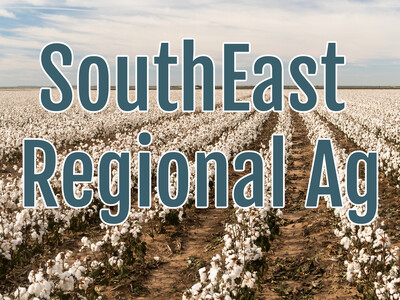Meat Recall & Fall Colors Hotline
Meat Recall & Fall Colors Hotline plus Food Forethought. I'm Greg Martin with today's Northwest Report.A Portland firm is recalling nearly 170-thousand pounds of raw and frozen meat and poultry "pelmeni" since it was were produced without the benefit of inspection from the U.S. Department of Agriculture's Food Safety and Inspection Service. The firm, Siberoni, is recalling the Eastern European-style ravioli products produced prior to Sept. 6, 2013, and were sold directly from the firm's storefront and via a distributor to retail outlets in Oregon and Washington state. No reports of illness have been associated with the recalled products.
Everyone seems to enjoy the colors of fall. Nothing quite like a drive in the country for a spectacular show. Now the U.S. Forest Service wants to help you see the best fall colors according to Leo Kay with the service.
KAY: People can call our 1-800 number at 1-800-354-4595 to get a sense of where the colors are peaking in their part of the country or they could also go take a look at our website which is at www.fs.fed.us to see the latest features and blogs and other mapping instruments that we have on the new fall colors campaign for 2013.
Now with today's Food Forethought, here's Lacy Gray.
Now through October 15 the USDA is asking gardeners, home owners, farmers and insect enthusiasts to help them track the brown marmorated stink bug, a homely little critter that has managed to find its way from its native Asia to our shores and is now eating its way across the U.S. The BMSB has done the most damage in the Mid Atlantic region of the country, but has been found in forty states and poses a threat to orchard crops, grapes, small fruits, ornamental crops and vegetables. Thanks to funding from USDA's Specialty Crop Research Initiative a group of over fifty researchers are studying the impact of the voracious BMSB and working to find management solutions for farmers, gardeners, and home owners. Scientists from WSU and OSU are among those working on the "Stop BMSB" project. While the study focus is primarily on the Mid Atlantic region, where the BMSB has caused millions of dollars in agricultural damage, project scientists would also like to know about sightings of the BMSB in other parts of the country. Visit www.stopbmsb.org to get information on how you can help to stop the invasion of the stink bugs.
Thanks Lacy. That's today's Northwest Report. I'm Greg Martin on the Ag Information Network.














